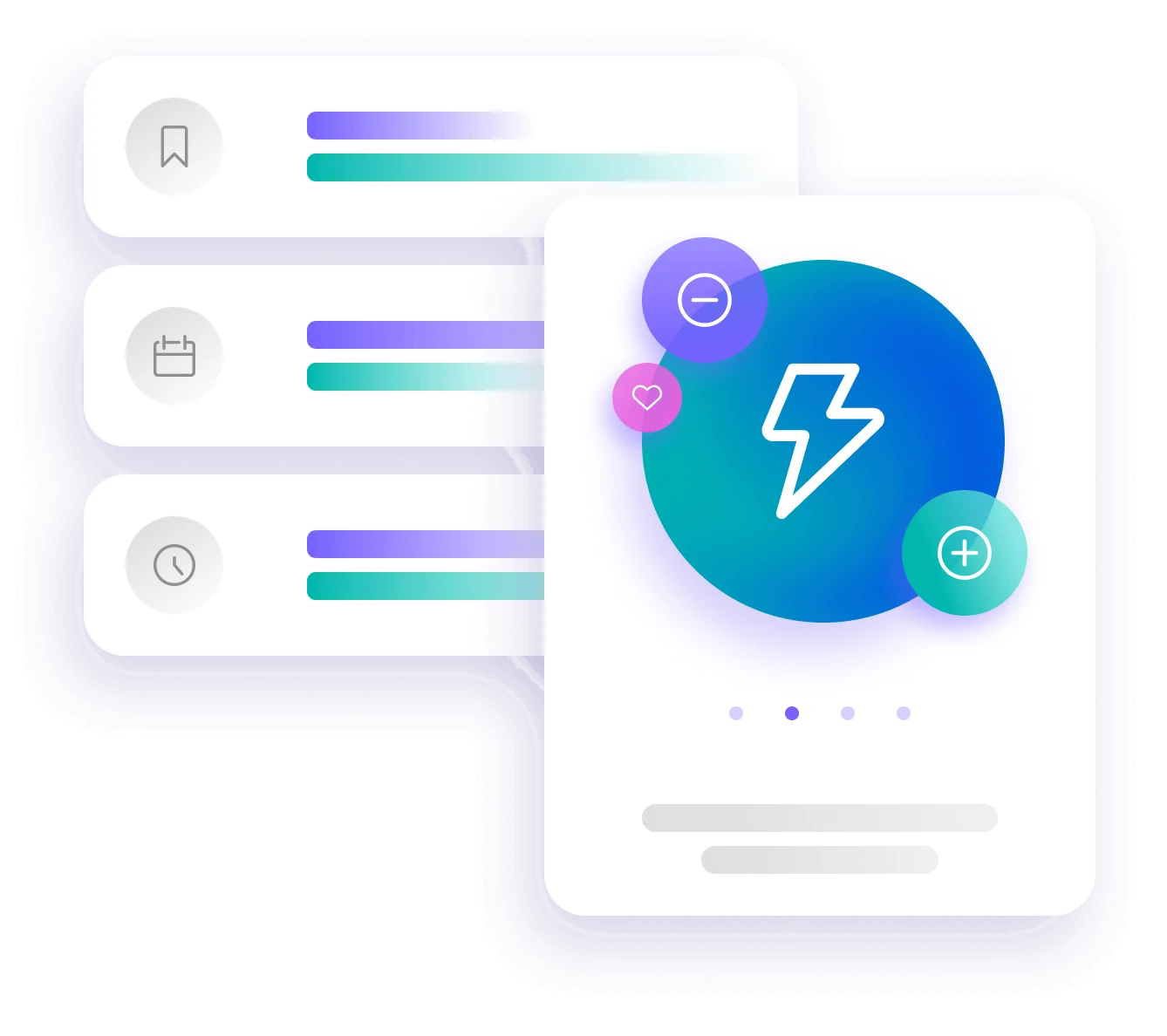
1. Define Your Objectives:
Identify and clearly define your business objectives. Whether it's increasing brand awareness, driving website traffic, generating leads, or boosting sales, having well-defined goals will guide your entire strategy.
2. Know Your Target Audience:
Understand your target audience's demographics, behaviors, interests, and pain points. Create buyer personas to represent different segments of your audience. This information will shape your content and determine which digital channels to leverage.
3. Conduct a SWOT Analysis:
Analyze your business's strengths, weaknesses, opportunities, and threats (SWOT). Understand your competitive landscape and identify areas where you can capitalize on opportunities or address weaknesses.
4. Choose Your Digital Channels:
Select the digital channels that align with your objectives and target audience. Consider a mix of channels such as:
• Search Engine Optimization (SEO):
Improve your website's visibility on search engines.
• Content Marketing:
Create valuable and relevant content for your audience.
• Social Media Marketing:
Engage with your audience on platforms like Facebook, Instagram, Twitter, LinkedIn, etc.
• Email Marketing:
Nurture leads and maintain customer relationships through email campaigns.
• Paid Advertising:
Utilize paid campaigns on platforms like Google Ads, Facebook Ads, or LinkedIn Ads.


5. Develop a Content Strategy:
Create a content plan that resonates with your audience and aligns with your objectives. This includes blog posts, articles, videos, infographics, and other content formats. Ensure consistency in your messaging and brand voice.
6. Optimize Your Website:
Ensure that your website is user-friendly, mobile-responsive, and optimized for search engines. A well-optimized website enhances the user experience and supports your digital marketing efforts.
7. Implement SEO Strategies:
Optimize your website content for search engines to improve its ranking. Use relevant keywords, create quality backlinks, and ensure your website follows SEO best practices.
8. Set Key Performance Indicators (KPIs):
Define measurable KPIs that align with your goals. Whether it's website traffic, conversion rates, social media engagement, or email click-through rates, having quantifiable metrics helps track your success.
9. Allocate Budgets:
Determine how much budget you can allocate to each digital channel. Consider both organic and paid strategies. Allocate resources based on the channels that yield the best results for your business.
10. Monitor and Analyze Results:
Regularly track your digital marketing campaigns using analytics tools. Analyze data to understand what's working and what needs adjustment. Use insights to refine your strategy and optimize future campaigns.
11. Stay Updated:
Digital marketing is dynamic, with trends and technologies evolving rapidly. Stay informed about industry changes, emerging technologies, and shifts in consumer behavior to adapt your strategy accordingly.
By following these steps, you can develop a robust digital marketing strategy that not only meets your business objectives but also resonates with your target audience in the ever-evolving digital landscape.
